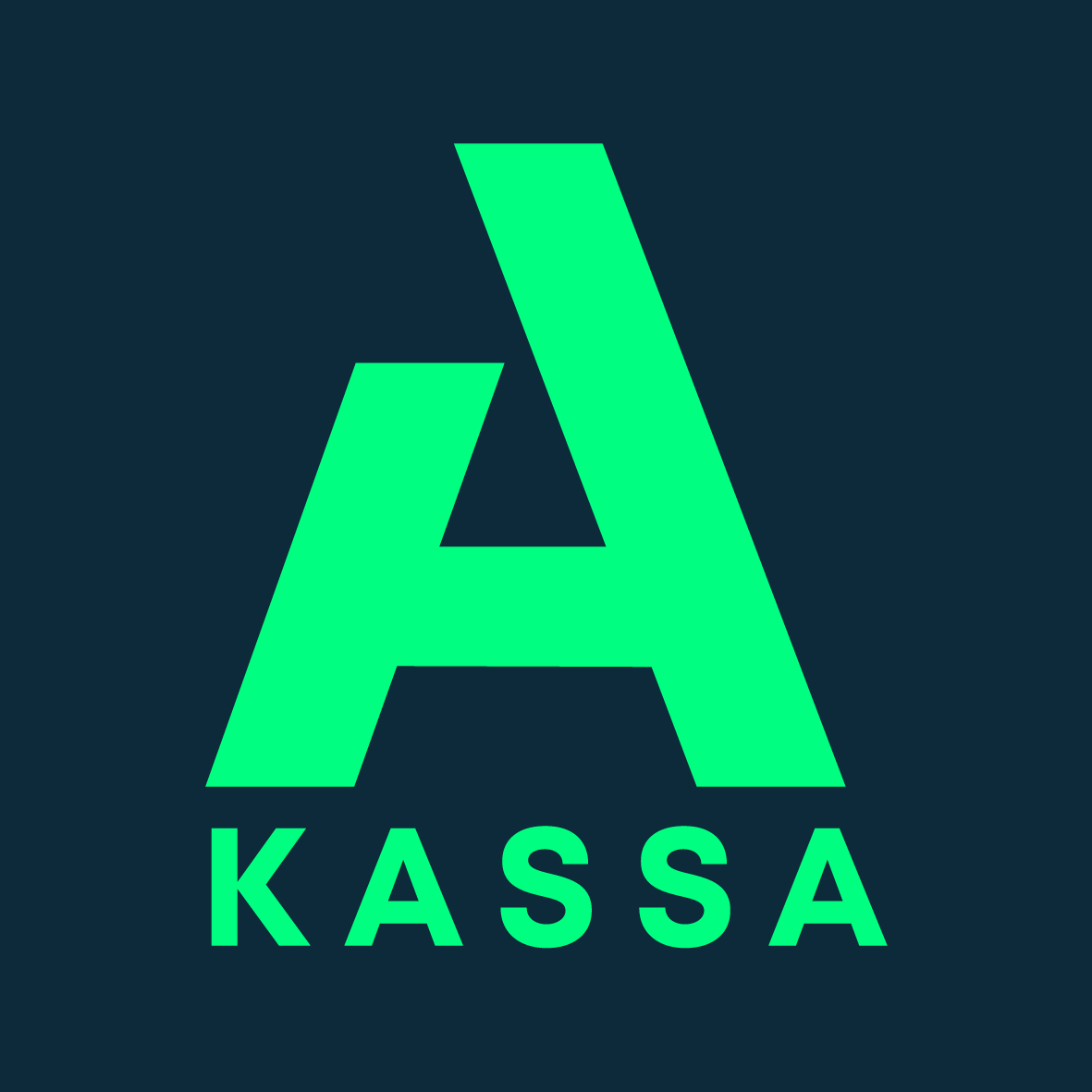Entrepreneurship
When working as an entrepreneur, your entitlement to an earnings-related daily allowance depends on whether the employment authority considers the work to be full-time or part-time.
Earnings-related allowance » Entrepreneurship
On this page, you will find
When working as an entrepreneur, your entitlement to an earnings-related daily allowance depends on whether the employment authority considers the work to be full-time or part-time.
The employment authority issues a statement on the matter to the unemployment fund.
If you are starting a business or are already an entrepreneur when applying for a benefit, report the business activity to the employment authority and the unemployment fund. The employment authority decides whether your situation involves full-time or part-time entrepreneurship.
You are not entitled to an earnings-related daily allowance for the duration of full-time entrepreneurship lasting more than two weeks.
If, while unemployed, you start a new business, its status as your main or secondary occupation is not examined during the first four months. During this period, you can receive an adjusted daily allowance, which takes into account the income from the business activities.
If your business continues after four months, the employment authority will assess its status as full-time or part-time employment.
- If your business activity is then found to be full-time, you are no longer entitled to a daily allowance.
- During part-time entrepreneurship, you can still receive a daily allowance.

Definition of entrepreneurship
Paid work that has not been performed as an employee in an employment or a public service function is considered as business activity in unemployment security. Business activities include, for example, activities as a private firm, in agriculture or forestry, via an invoicing cooperative or invoicing fees on an assignment.
Paid work that has not been performed as an employee in an employment or a public service function is considered as business activity in unemployment security. Business activities include, for example, activities as a private firm, in agriculture or forestry, via an invoicing cooperative or invoicing fees on an assignment.

Definition of entrepreneurship in unemployment security:
Entrepreneurship is a paid work that has not been performed as an employee in an employment or a public service function.
In unemployment security, you are considered an entrepreneur if you have an entrepreneur´s pension insurance (YEL) or Farmers´ Pension Insurance (MYEL), and
- you are engaged in gainful employment as a self-employed person, a partner in a general partnership, a general partner in a limited partnership, or
- you own more than 30% alone or, together with your family members (or family), more than 50% of a limited liability company in which you work in a leading position
You are also considered self-employed if you are covered by the Employees’ Pensions Act (TyEL) if
- you hold a leading position in a limited liability company in which you own at least 15% alone or, together with your family members (or family), at least 30% of the company
- you work in a limited liability company in which you own, alone or together with your family, at least 50% of the company
The family members of the entrepreneur are married and cohabiting partners living in the same household, children and grandchildren, and the entrepreneur´s own parents and grandparents. A leading position means the CEO and a member of the Board of Directors.
If you have started a full-time business, you are not entitled to an earnings-related daily allowance for the duration of your business activity. The employment authority decides whether your situation involves full-time or part-time entrepreneurship and makes a binding decision for the unemployment fund.
Full-time entrepreneur
- Cannot join an employee fund
- Can join the Entrepreneur fund

As a full-time entrepreneur, you should consider joining the Entrepreneur Fund in case of unemployment. A full-time entrepreneur cannot become a member of an employee’s fund, such as the Unemployment Fund A-kassa.
When you start a full-time business, you can keep your membership in the employee’s fund for the so-called period of post-protection, which lasts for 18 months. You can also join the entrepreneur fund while retaining the right to a daily allowance in accordance with the employment condition you have accrued as an employee, for the duration of the post-protection period. The post-protection period ceases when the entrepreneur’s employment condition is met or you have been an entrepreneur for more than 18 months. However, a self-employed person’s employment condition does not accrue in the employee’s fund.
If you have changed from an entrepreneur to a wage earner, you can receive entrepreneur’s daily allowance for the period of unemployment. The entrepreneur’s subsequent protection ends when you meet the condition of being employed as an employee. You can belong to an entrepreneur’s or employee’s fund during the subsequent protection period, but the employee’s working condition does not accumulate in the entrepreneur’s fund.

If your business activity is part-time or lasts less than two weeks, the earned income from business activities is taken into account in the daily allowance paid to you as adjusted income. Information on how to apply for an adjusted daily allowance can be found here.
During part-time business activities, you can belong to an employee’s fund, such as the Unemployment Fund A-kassa, and also accrue the employee’s employment condition in other work performed as an employee.
Light entrepreneur refers to a person who works independently through a company or similar entity that provides invoicing services. Many cooperatives are such entities.
If you work through an invoicing company, the key to your unemployment security is whether you work as an employee or an entrepreneur.

Notice!
- Please note that the work done as a light entrepreneur does not accrue the employment condition.
- If you are mainly employed as a light entrepreneur, you must check your self-employed person’s pension (YEL). In this case, it may be possible for you to transfer your membership to the entrepreneur fund.
If you are an employee
As an employee, you can work, for example, when
- the invoicing company is your employer, i.e. you are employed by that company, for example, for invoicing or payroll activities, or
- the company procures assignments for you and operates in a well-defined field with several employees in the same field.
If you are an entrepreneur or self-employed
You are an entrepreneur or self-employed, for example, when
- the entity (e.g. an invoicing company) is not your employer and the entity itself does not actually carry out the very business that you do for a living, and
- the entity does not supervise or manage your work, but only offers work, markets your work performance and/or takes care of your accounting for the work, invoicing and payment of wages.
From an unemployment security viewpoint, you can also be considered an entrepreneur in the following cases:
- if the company does not act as an employer in relation to you, an employment contract with the company does not necessarily make you an employee
- even if you do not have a business ID or have not established a company.
When calculating an earnings-related daily allowance, the remuneration received by a light entrepreneur is adjusted in the same way as the income from part-time employment.

If you are a family member of an entrepreneur and you do not own anything in the business or you do not have control over the company, you can insure yourself with the employee’s fund against unemployment.
A family member of an entrepreneur is considered to be a spouse living in the same household, a common-law partner, and a person related to the entrepreneur in the ascending or descending line.
If you work in a family business
However, as a family member of an entrepreneur, you can only be granted an earnings-related daily allowance
- if you have worked in the family business for 52 weeks within 28 months meeting the employment condition,
- and you have been a member of an employee’s fund during that period.
The regulations regarding the employment and membership conditions changed on September 2, 2024.
If your employment condition is fulfilled for even one week under the old law, you will need 52 weeks that meet the employment condition. You can fulfill the employment condition if your paid working hours are at least 18 hours during the calendar week and your insured salary is in accordance with the collective agreement. If there is no collective agreement in the field, the full-time salary must be at least 1,399 euros per month in 2024.
In the fall of 2025, the situation will change, and non-owning family members will be subject to the same employment condition as other employees, i.e., the 12-calendar-month employment condition.
Work done for another employer
You cannot combine work in a family business with another employer in order to fulfil the employment condition before your working condition is completely fulfilled in accordance with the new law.
When the 12-month euro-based employment condition is fully met after September 1, 2024, work done for another employer can be combined with work done in a family business to fulfill the employment condition.

When you start a full-time business, you can insure yourself in an employee fund for a maximum of 18 months of post-protection.
The post-protection period starts from the date you become a full-time entrepreneur. If your business activity ends during the 18-month period of post-protection, you are entitled to receive a daily allowance, based on the wage income that preceded your entrepreneurship.
If your business activities end after the 18-month post-protection period, you will no longer be eligible to receive wage earner’s daily allowance based on the post-protection.
When you become a full-time entrepreneur, you should become a member of the entrepreneurs´ unemployment fund no later than one month after the start of your business activity, in order to secure your right to an earnings-related daily allowance.
The entrepreneur’s employment condition (15 months) is accrued only as a member of the entrepreneur fund.
If you become unemployed before you have fulfilled a self-employed person’s 15-month employment condition, you are entitled to the unemployment allowance that would be paid to you if you were still our member in the employee’s fund. A prerequisite for this is that you joined the entrepreneur fund within one month of leaving the employee’s fund. The daily allowance is granted and paid by the entrepreneur fund.
Make sure that you have insured yourself in the right fund suitable for your situation, so that there will be no interruption to your earnings protection. As an entrepreneur, you should insure yourself in an entrepreneur fund and as a salaried worker in an employee’s fund, such as our Unemployment Fund A-kassa.
Even though there are certain transition periods in the law for changing funds, it is always a good idea to change funds as soon as your situation changes, so that you can keep your own earnings security uninterrupted. If you go over into paid work, you should immediately go over to an employee’s fund and back to an entrepreneur fund as soon as you go back into paid work when re-starting your business later.
When changing from self-employment to a wage and salary earner, you may be paid an earnings-related daily allowance during unemployment on the basis of the employment condition fulfilled as an entrepreneur, if the employee’s employment condition has not yet been met. At the beginning of the employment, you can become a member of an entrepreneur fund or transfer to an employee’s fund. Please note, however, that the employee’s employment condition does not accrue in the entrepreneur fund.

Notice!
Make sure that you have insured yourself in the right fund suitable for your situation, so that there will be no interruption to your earnings protection.
- As an entrepreneur, you should insure yourself in an entrepreneur fund
- As a salaried worker in an employee’s fund
Daily allowance calculator
More about the topic
- Earnings-related allowance
- Entrepreneurship
- Exceptions for different sectors
- Grants
- Illness and incapacity for work
- Lay-off
- Maximum payment period and additional days
- Membership and employment condition
- Other income and benefits
- Part-time and occasional employment
- Restrictions
- Studying with earnings-related allowance
- Taxation of benefits
- Working and job-seeking abroad
